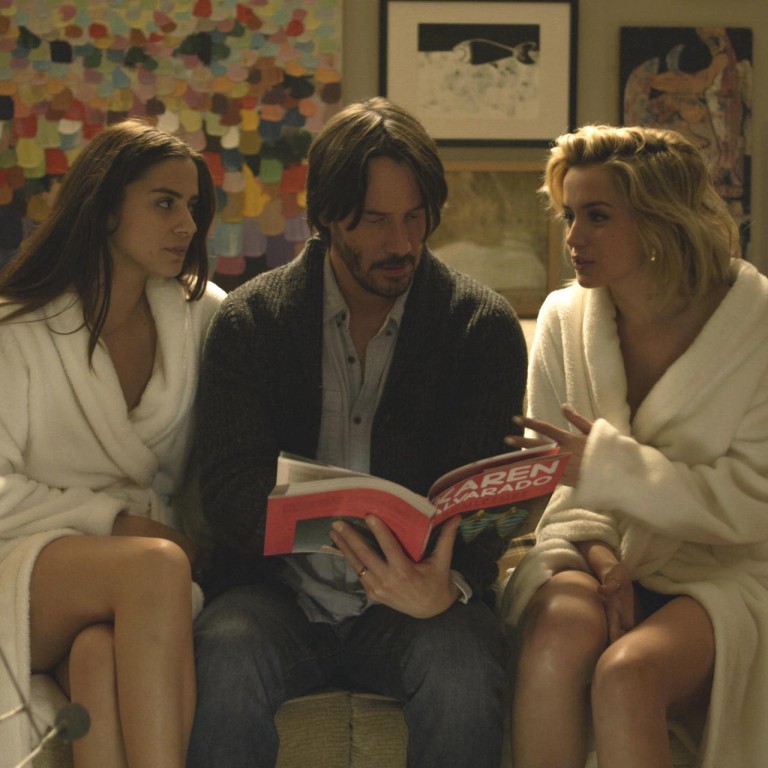
Eli Roth, master of gore, goes beyond the acceptable … and then just keeps on going
Eli Roth has made a name as a master of gore - but even he says his tastes are changing
Eli Roth is strolling past gore-covered zombie soldiers on a recent evening, the sound of terrified shrieking in his ears, a look of pure joy on his face.
"Dead soldiers - wow, they sure crossed the boundaries of taste with that one," he says appreciatively as he walks through one of the "scare zones" at Universal Studios' Halloween Horror Nights. "That's awesome."
The director of such low-budget horror hits as and , Roth, 43, is a connoisseur of haunted houses and other Halloween attractions, and for him Halloween Horror Nights is a place of pilgrimage.
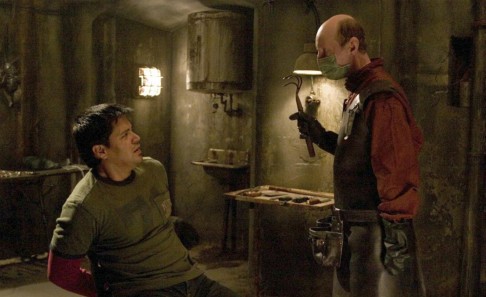
Other people come to scare themselves silly in the park's mazes as performers dressed as serial killers, ghouls and monsters burst out of dark corners wielding bloody knives and chainsaws. Roth comes to experience a special kind of bliss and quiet contemplation. "This is like my Christmas," Roth says. "I'm completely and utterly happy. As people are screaming, I'm reflecting on my year: What have I achieved? What goals do I have?"
Roth has a lot to reflect on this year. On November 12, he has two new films hitting Hong Kong - his first directorial efforts in eight years. The darkly satirical concerns a group of young activists who fall prey to cannibals deep in the Amazon rainforest. And in the sexually charged home-invasion thriller , two beautiful young women seduce a middle-aged married man and then torture him.
Both films delight in seeing unspeakably awful things happen to suburbanites who stray out of their comfort zones. But - which stars Keanu Reeves and, like , features Roth's wife, Chilean actress Lorenza Izzo - marks a stylistic shift for the director. The horror is more psychological than visceral, and the level of blood and gore, compared with his earlier films, is surprisingly low.
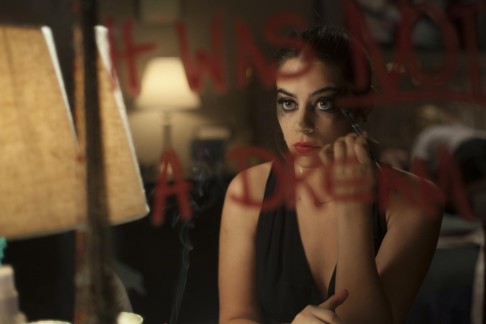
Reeves sees , which harks back to such erotic thrillers as and , as more of a morality play than a fright-fest. "I've never thought of Eli as just a horror filmmaker," the actor says. "There's always a lot of subtext going on in his movies. He's an auteur in a sense. Like his movies or not, he's making very personal art."
REVIEW: Film review: Knock Knock – Keanu Reeves plays victim in lame erotic thriller
Roth's next film, an adaptation of the bestselling 1997 giant-shark novel , will be an even greater leap for the director. Due in 2017, the movie will mark his first foray into big-budget studio tentpole fare.
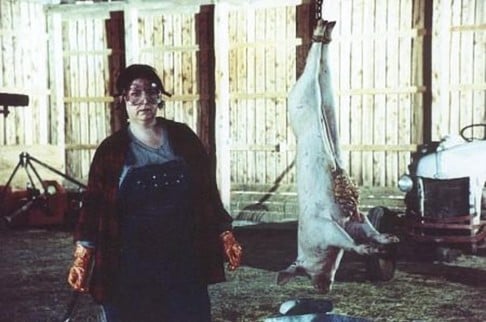
"Your tastes change, and I don't want to repeat myself," Roth says. "I love horror. I live and breathe it. But I never want to be bored of it. Ten years ago, I was still very much about making a name for myself, and now I'm comfortable with that. I just want to make great movies. I want to have a career like Steven Spielberg or Ridley Scott."
But lest any fans think that the man credited with creating the "torture porn" subgenre is getting soft or going Hollywood, fear not. Asked what attracted him to , Roth says: "I love the idea of a shark that eats people like Pac-Man eats dots. I want to see a line of surfers and the shark just chomps five of them in one bite. It's going to be so much fun!"
A lot of cinema is dead; it's just dull and boring. there's a bias against making a movie that's fun and entertaining
Roth is now midway through the maze. He enters a room in which a woman lies on a bed, being eaten alive by an enormous alien. She screams and writhes in agony, simulated blood and guts spilling everywhere. Roth breaks into applause. "That is a work of art," he says.
In person, Roth - who grew up in Massachusetts, the son of a psychoanalyst and a painter - comes across as friendly and open. When fans recognise him from his directing work or his acting role as Sgt Donny Donowitz, "The Bear Jew" in Quentin Tarantino's , he greets them warmly and smiles for pictures. He hardly seems like the type of person who would clap at the sight of someone being eviscerated. "He's a nice Jewish boy," Reeves says.
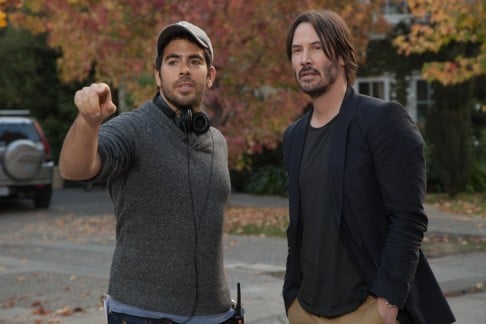
Still, for all his geniality and his talk of moving in new directions as a filmmaker, Roth still loves the sick and twisted. In the gleefully offensive , that side of him is given full expression. Whether or not that's a good thing depends on how much one relishes the idea of watching people being butchered and eaten.
After being orphaned last year because of a financial dispute between its original distributor and production company, was picked up by Blumhouse Productions and released in roughly 1,500 American cinemas. The film opened to US$3.5 million at the box office, below what Roth's other films have earned but a respectable showing for a splatter-filled cannibal movie.
" is not what I'd call a broad audience movie," Blumhouse founder and CEO Jason Blum says. "It's bloody and gory and crazy and it's not for everybody. But I thought it was terrific."
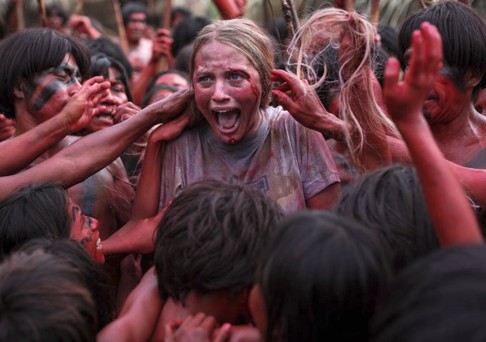
Roth is perfectly happy to see critics and audiences divided over his films. "There are some people that look at and call it a work of art, and there are other people who dismiss it as vile garbage," he says. "My job is just to tell the story. You can't control how people are going to label it.
"A lot of cinema is dead; it's just dull and boring. There's a bias against making a movie that's fun and entertaining. Everyone gets so caught up in awards season, which doesn't mean anything to audiences. No one rewards the types of movies that I make - and that's fine. My goal is to make a movie that 10 or 20 years later people are still watching and enjoying."
For Roth, the ultimate reward came in 2011 when was turned into an attraction at Halloween Horror Nights. One night during its run, Roth himself worked in the maze incognito, dressed as a torturer, terrorising random strangers. "To have something that was in your head and now people are walking through it …" He trails off and smiles. "That was the best."
Los Angeles Times
and both open on Nov 12
